5 countries where they do not celebrate New Year on January 1
Categories: Holidays and Festivals
By Pictolic https://pictolic.com/article/5-countries-where-they-do-not-celebrate-new-year-on-january-1.htmlA couple of years ago, Saudi Arabia officially banned celebrating the New Year. But this state is far from the only one where our traditional New Year’s Eve celebration goes completely unnoticed. It turns out that New Year is not celebrated on January 1 in many countries.
On New Year's Eve, residents of our latitudes drink champagne, set off colorful fireworks and eat Olivier. It would seem that the whole world is celebrating the new year at this moment. But this is by no means true. Somewhere thousands of kilometers away, an ordinary Indian or Iranian is quietly snoring on New Year's Eve - in the morning he will begin an ordinary working day.
In this issue you will learn about five countries for which January 1 is not a holiday.
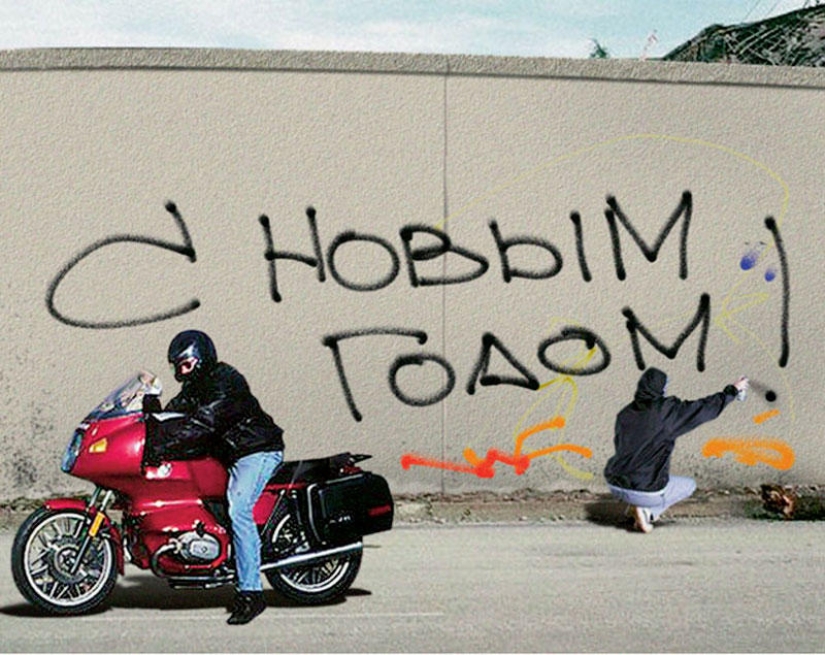
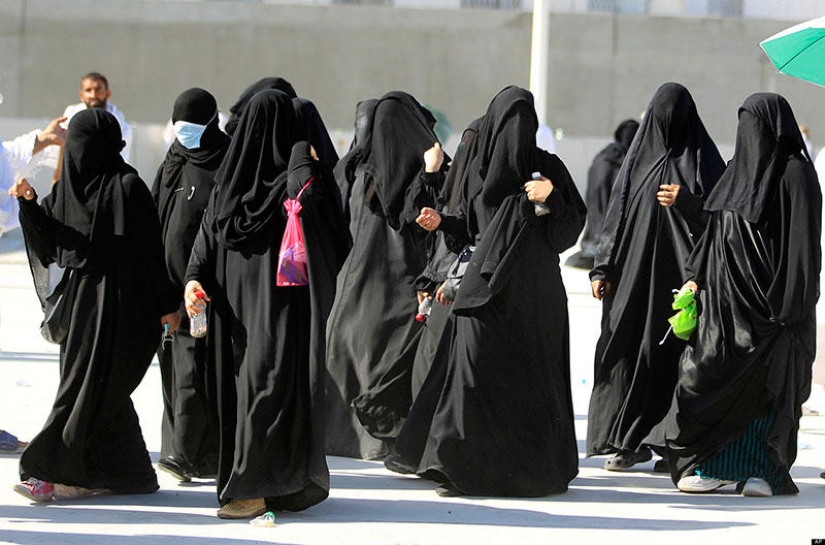
Saudi Arabia
The religious police of Saudi Arabia Al Mutawa warned citizens and foreigners living in the kingdom about a ban on New Year celebrations. A special unit of law enforcement agencies, announcing the inadmissibility of the celebration, is guided by a fatwa (religious injunction in Islam) issued by the supreme committee of the Saudi ulema (Islamic preachers), since Muslims follow the lunar calendar.
Police officers are contacting shops selling flowers and gifts so that they do not sell a number of goods that can be purchased on the occasion of this holiday. Al Mutawa closely monitors compliance with regulations in strictly conservative Saudi Arabia. However, cases of abuse of power on the part of this department were often recorded, which, in particular, led to human casualties.
The New Year according to the Islamic calendar is celebrated on the vernal equinox, March 21, which almost always corresponds to the first day of the holy month of Muharram. The calendar is calculated from the Hegira (July 16, 622 AD) - the date of the migration of the Prophet Muhammad and the first Muslims from Mecca to Medina.
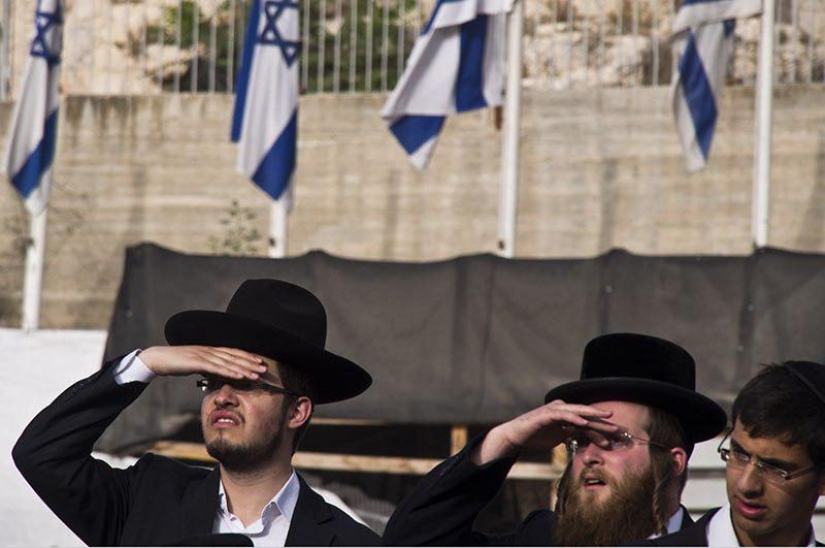
Israel
In Israel, January 1 is also a regular working day, unless, of course, the first day of the new year happens on Saturday, a holy day for the Jews. Israelis celebrate their New Year in the fall - on the new moon of the month of Tishrei according to the Jewish calendar (September or October). This holiday is called Rosh Hashanah. It is celebrated for two days; many traditions, rituals and ceremonies are associated with its celebration in Israel.
As a rule, the traditions of celebrating the New Year in the sense in which it is understood in Europe and North America are supported by the Russian diaspora living in Israel. And here everyone gets out as best they can. People try to take time off from work and traditionally celebrate the holiday with family and friends. Some people get ready at home, while others go to a Russian restaurant.
Some Israelis believe that celebrants are celebrating the day of the Catholic Saint Sylvester, which falls on December 31. Therefore, the country often calls the New Year “Sylvester”.
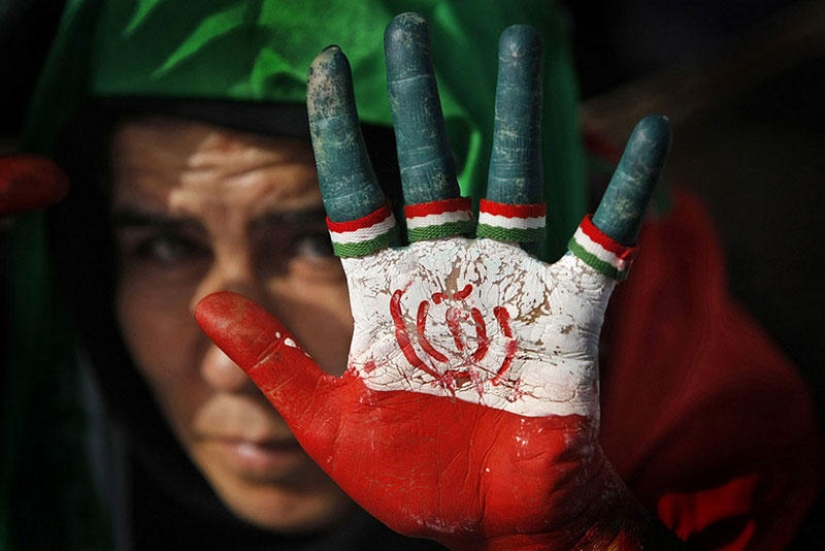 Iran
Iran
January 1 is not a holiday at all in Iran. The country lives according to its own calendar. For example, the year is now 1395 in Iran. The Iranian calendar, or Solar Hijri, is an astronomical solar calendar that was developed with the participation of Omar Khayyam and has since been updated several times.
New Year in Iran is celebrated according to the calendar on the first day of spring, which corresponds to March 22 of the Gregorian calendar. The New Year holiday in Iran is called Nowruz (or Noruz), and the first spring month is called Favardin.
By the way, Nowruz is celebrated not only in Iran, but also in many countries where the ancient Persians managed to inherit a fair amount of heritage. For example, the year in Afghanistan begins with Novruz. Along with January 1, Novruz is celebrated in Tajikistan, Azerbaijan, Uzbekistan, Kazakhstan, Turkey, Kyrgyzstan, Albania and Macedonia.
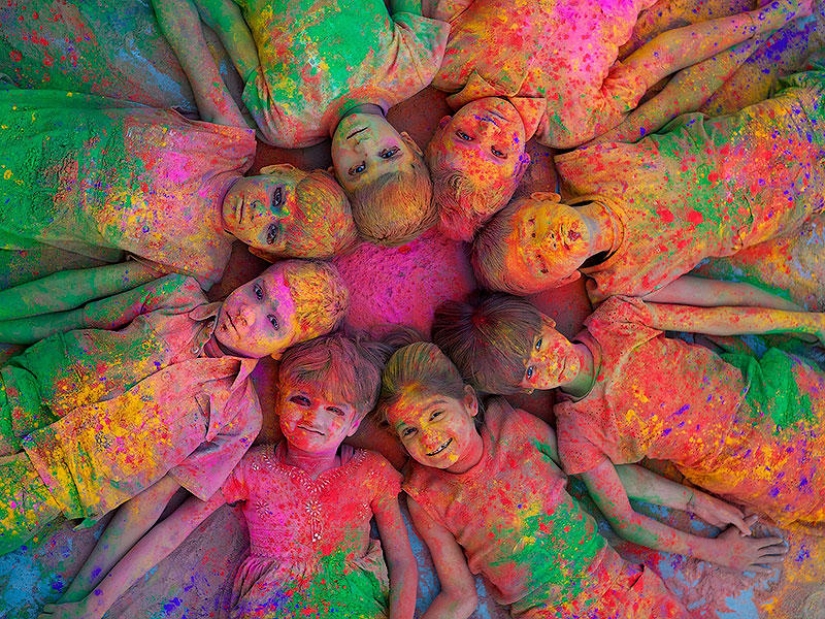 India
India
There are so many holidays in multicultural India that if we had to celebrate them all, there would be no time to work. Therefore, some of them have become “holidays by choice.” On these days, all institutions and offices are open, but employees can take time off. January 1st is one of these holidays.
In addition, there are several other options for celebrating the arrival of the New Year in the Indian subcontinent.
March 22 marks the new year according to the unified national calendar of India. In Maharashtra it is celebrated as Gudi Padwa and in Andhra Pradesh it is called Ugadi. In Kerala, New Year is celebrated on April 13th. It is called Vishu. Sikhs celebrate their New Year, Vaisakhi, on the same day. In South India, Divapali is widely celebrated in the fall, which also signifies the arrival of the new year.
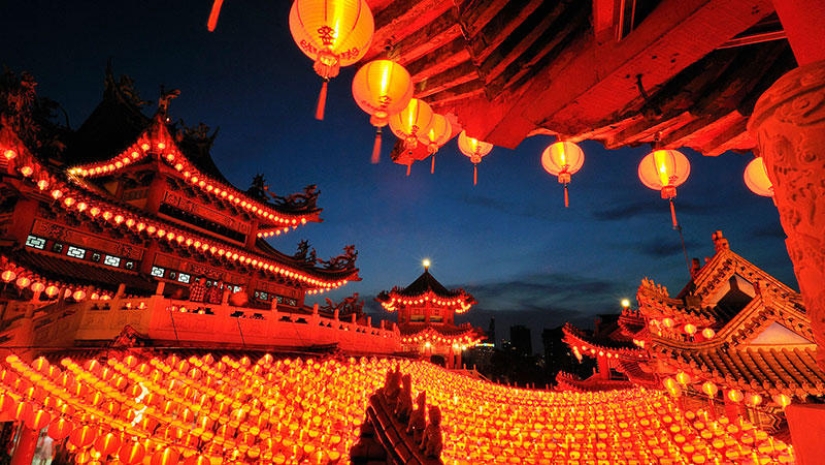 China
China
The New Year in China (where it is now called Yuan Dan) passes quite unnoticed. Only in large department stores and shopping centers, paying tribute to Western traditions, do they place shiny artificial Christmas trees and doll Santa Clauses here and there, and the Chinese send electronic New Year cards to their Western friends. And even then this is done for Christmas, and not for the New Year.
“Yuan-dan” is the first, initial day of the new year (“yuan” means “beginning”, “dan” means “dawn” or simply “day”). The New Year in China until the 20th century was counted according to the lunar calendar, and not at all according to the calendar we are used to, and Yuan Dan was celebrated on the first day of the first lunar month.
On September 27, 1949, the government of the newly created People's Republic of China decided to call the first day of the lunar calendar "Spring Festival" (Chun Jie), and the first day of January according to the Western calendar - "Yuan Dan". Since then, January 1st has become an official public holiday in China. But even today, the Chinese still do not celebrate this day, not perceiving it as a holiday, marking the change of years. The “Western” New Year is not a competitor to the Lunar or Spring Festival.
Recent articles

It's high time to admit that this whole hipster idea has gone too far. The concept has become so popular that even restaurants have ...

There is a perception that people only use 10% of their brain potential. But the heroes of our review, apparently, found a way to ...

New Year's is a time to surprise and delight loved ones not only with gifts but also with a unique presentation of the holiday ...